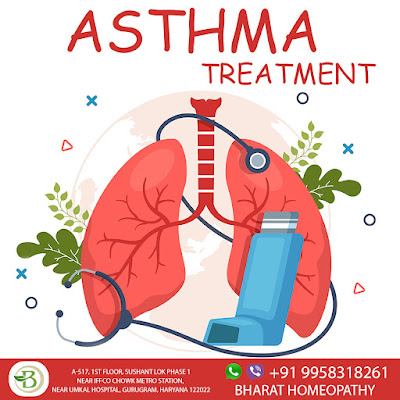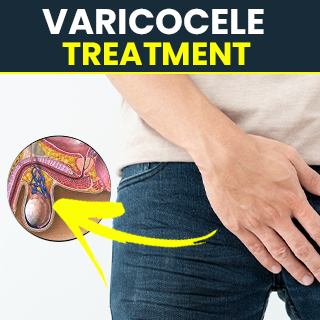Vitiligo is a skin disorder that affects people of all ethnic backgrounds, but its impact can be particularly noticeable on individuals with white skin due to the stark contrast between the depigmented vitiligo spots and the surrounding skin.
Types of Vitiligo
Vitiligo manifests in several forms, with each type characterized by the pattern and distribution of depigmented safed daag.
The main types of vitiligo include:-
Segmental Vitiligo: This type typically appears in childhood or adolescence and tends to progress more rapidly. It involves the development of white patches on one side of the body or in a segmental pattern, often following the distribution of nerves. Segmental vitiligo is less common than the generalized form and may respond differently to treatment.
Non-Segmental Vitiligo (Generalized Vitiligo): This is the most common form of vitiligo, characterized by the widespread presence of white spots on various parts of the body. These white patches can be symmetrical and are often found on the face, hands, elbows, knees, and genital areas. Generalized vitiligo can progress slowly over time.
Focal Vitiligo: In this type, small, isolated vitiligo spots develop on localized areas of the body. It is considered a less severe form of vitiligo and may remain stable or progress slowly.
Mucosal Vitiligo: This type affects the mucous membranes, such as the lips, the inside of the mouth, and the genital areas. The loss of pigment in these areas can cause discomfort and require specialized treatment.
Universal Vitiligo: This is the most extensive form of vitiligo, where depigmentation covers nearly the entire body. While rare, universal vitiligo can have a profound impact on a person's appearance and self-esteem.
Vitiligo on White Skin
Vitiligo is often more noticeable in individuals with white or fair skin due to the stark contrast between the depigmented safed daag and the surrounding skin. The loss of pigment in the skin results in the development of safed daag, i.e., vitiligo on white skin that can be particularly striking against lighter skin tones. This visibility can lead to heightened self-consciousness and emotional distress for those with vitiligo.
Loss of Pigment in Skin: Understanding White Spots
The hallmark of vitiligo is the loss of pigment in skin white spots, leading to the development of vitiligo spots or patches. Melanocytes, the cells responsible for creating melanin (the pigment that gives the skin color), are either destroyed or cease to function, which results in this depigmentation. The reasons for this malfunction of melanocytes are not fully understood, but factors like genetics, autoimmune responses, and environmental triggers are believed to play a role.
Vitiligo Cure: Is It Possible?
Currently, there is no known vitiligo cure. However, various vitiligo treatment options are available to help manage the condition and promote repigmentation in affected areas. These treatments aim to slow down the progression of vitiligo, improve the appearance of white spots, and boost the patient's self-esteem.
Vitiligo is a skin disorder that affects people of all skin types, but it can be particularly noticeable in individuals with white skin due to the prominent contrast between the depigmented safed daag and surrounding skin. While there is no known cure for vitiligo, vitiligo homeopathic treatment is to manage the condition and improve the appearance of white spots. It's important for individuals with vitiligo to consult with dermatologists or healthcare professionals to explore the most suitable vitiligo treatment options based on their specific types of vitiligo. Additionally, support groups and counseling can play a significant role in helping individuals cope with the emotional challenges of living with vitiligo.
For More References Visit us
https://bharathomeopathycure.blogspot.com/2023/09/wellness-through-breathing-asthma-care.html
https://asthmatreatment.mystrikingly.com/
https://www.minds.com/newsfeed/1548216188520108039?referrer=bharathomeopathy2810







